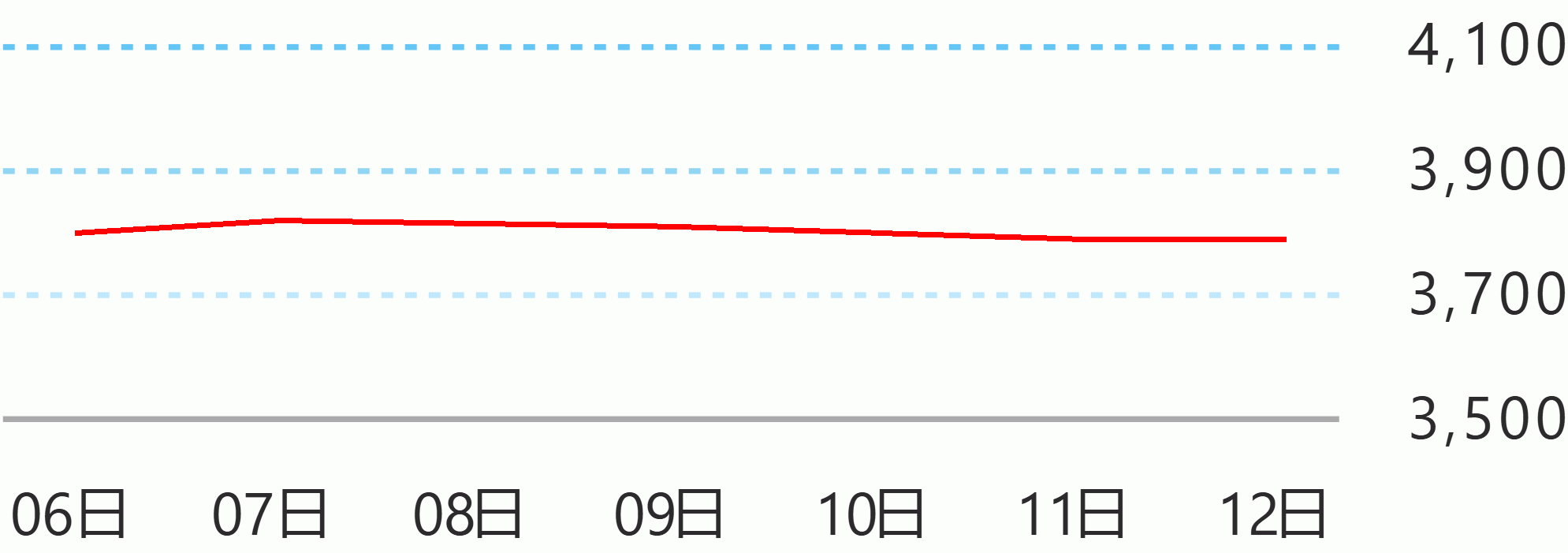The National Government’s (NG) total outstanding debt remains manageable at P16.68 trillion as of end-March, reflecting a modest 0.31% increase from the previous month.
The NG’s robust revenue performance in the first quarter has enabled the government to finance key priority programs without imposing new taxes, keeping debt growth well within sustainable levels.
With the economy continuing to grow faster than its obligations, the country remains firmly on track to achieve fiscal consolidation and reduce the debt-to-GDP ratio to below 60 percent by 2028.
As of end-March, domestic debt continued to comprise the majority, or 68.2 percent of the total debt stock, while external obligations accounted for 31.8 percent.
This financing mix reflects a prudent approach to debt management to help mitigate exposure to external risks while taking advantage of the country’s liquid domestic market.
In particular, domestic debt amounted to P11.38 trillion as of end-March, reflecting a 1.39 percent (P155.83 billion) increase from the end-February level.
This was mainly due to the net issuance of domestic securities worth P157.86 billion, demonstrating strong investor confidence in government instruments. The increase was partially offset by the peso’s continued appreciation, which resulted in a P2.03 billion downward revaluation.
Meanwhile, NG external debt totaled P5.30 trillion as of end-March, reflecting a decline of 1.92 percent (P103.87 billion) from the previous month. The reduction was primarily due to the P66.22 billion decrease in the peso equivalent of US dollar-denominated debt behind local currency appreciation, as well as the net repayment of external loans, which further trimmed the external debt total by P60.84 billion.
These more than offset the P23.19 billion upward revaluation effect of third-currency movements against the US dollar.
As of end-March, 91.5 percent of the outstanding debt carries fixed interest rates, insulating the country from sudden shifts in global interest rates and currency movements.
In addition, 81.3 percent of the obligations are long-term, giving the government ample fiscal space and time to support growth-enhancing investments.
The Marcos, Jr. administration has inherited a large debt due to the pandemic, amounting to approximately P12.79 trillion, but it has already made improvements to the country’s debt statistics by reducing the NG debt-to-GDP ratio to 60.7 percent in 2024, below the 70 percent international threshold.
This was done by expanding the country’s GDP to P26.44 trillion in 2024. The Medium-Term Fiscal Framework (MTFF) aims to reduce the NG debt-to-GDP ratio to only 56.9 percent by 2028. Bureau of Treasury





 English
English









